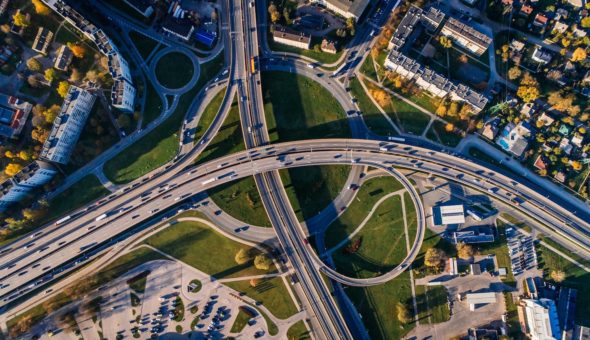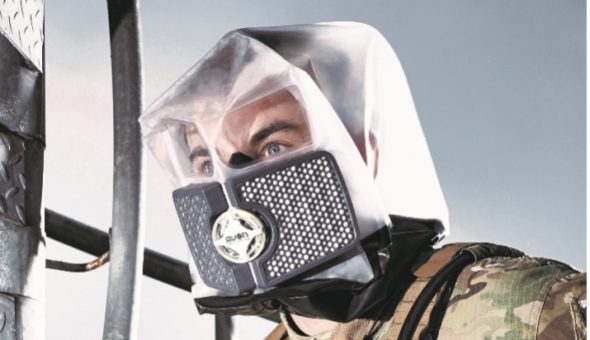1. Be very flexible!
I had a fantastic experience on my placement, both scientifically and personally, and I think that one of the reasons it worked out so well is flexibility. The initial idea was to visit Rob Atkin’s group in Newcastle, Australia. This was a nice logical extension to my PhD, expanding my horizons by learning something new - in my case a technique (Atomic Force Microscopy, or AFM), from some of the foremost experts: exactly what a secondment should be. But in the planning stage, the location suddenly changed to the University of Western Australia! In the week prior to my departure, the project was changed completely while chatting with Rob at the excellent Faraday Discussions on Ionic Liquids. As an aside, take the opportunity to attend a Faraday Discussion if one ever pops up in your subject area. They are unique and inspiring discussion forums with a very different feel and format to a normal conference. This meant we picked something relevant, topical, and interesting to study during my brief stay.

2. Make the most of it - and consider splitting it up
I didn’t spend three months on the same project, nor in the same place, which I think is an important consideration. Just after I had settled in to Perth, I flew to Sydney for a few weeks. Firstly, we had a SANS experiment in ANSTO, Australia’s only nuclear facility, where we collected data on a totally different project to my work in Perth and met most of Australia’s neutron community. Afterwards, as my supervisor Karen had flown over for the experiment, we visited the University of Sydney, and held some interesting discussions with Greg Warr’s research group. Finally, I was free to be a tourist in Sydney for a little while before my return, enjoying the local scenery, attractions, and nightlife. Everything about this extra little trip was awesome and made the trip feel special, and like I made the most of it.

3. Explore!
I suspect some trips will offer more opportunities for adventure than others. But what is a trip where you live abroad for an extended period without taking the opportunity to see as much as you can, when you aren’t slaving over a hot AFM?! I went to heaps of interesting places and was amazed by everything I saw. For example, I went bushwalking in the Blue Mountains of Sydney on the weekend, and took a road trip down the South of the beautiful, and isolated coast of Western Australia, where we sampled the local breweries, beaches and bottle shops.
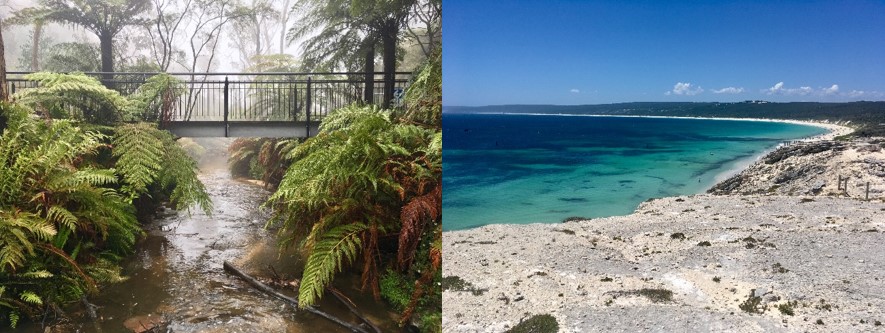
4. Enjoy the wildlife.
OK, so this one is maybe a bit specific to Australia. Who goes down under without seeing a koala!? But of course, there are things even more interesting than this surprisingly inanimate and chlamydia-ridden marsupial. For example, the useless but adorably cheerful quokka, native to Rottnest Island, or the infamous Australian bin chicken. So, if not going to Australia, you can consider this section instead as: “Take the chance to do something you have wanted to do for 88% of your life, or see something you never realised you wanted to see.”
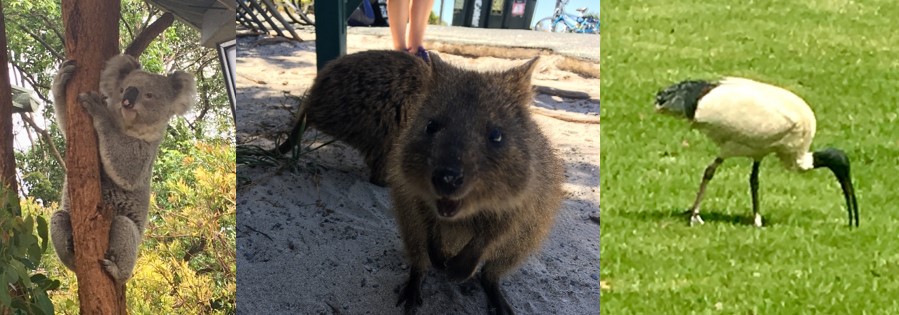
5. And most importantly...
Travelling (or working) solo has its own set of simple charms. But much like the best times to be had, which are shared with friends, the best science is not the product of a person, but of people. Your time away is short - so do as much as you can, share it all with others, and expand your network as you go.
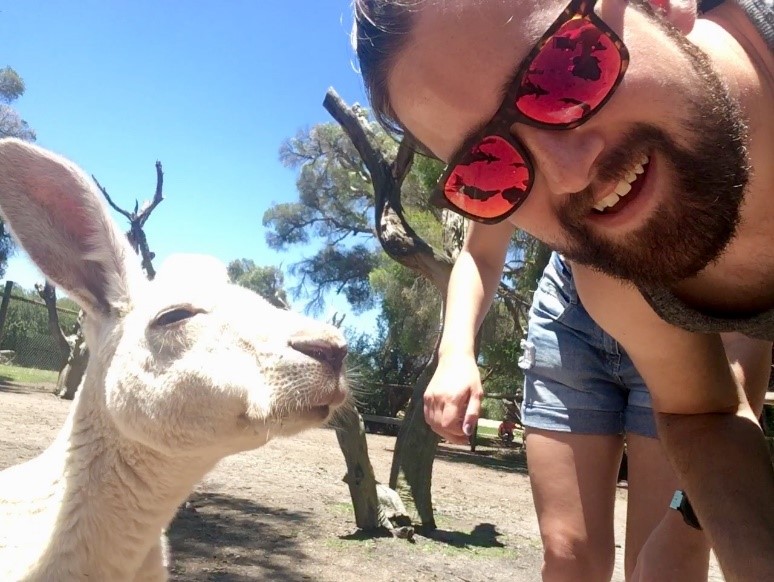
Respond

